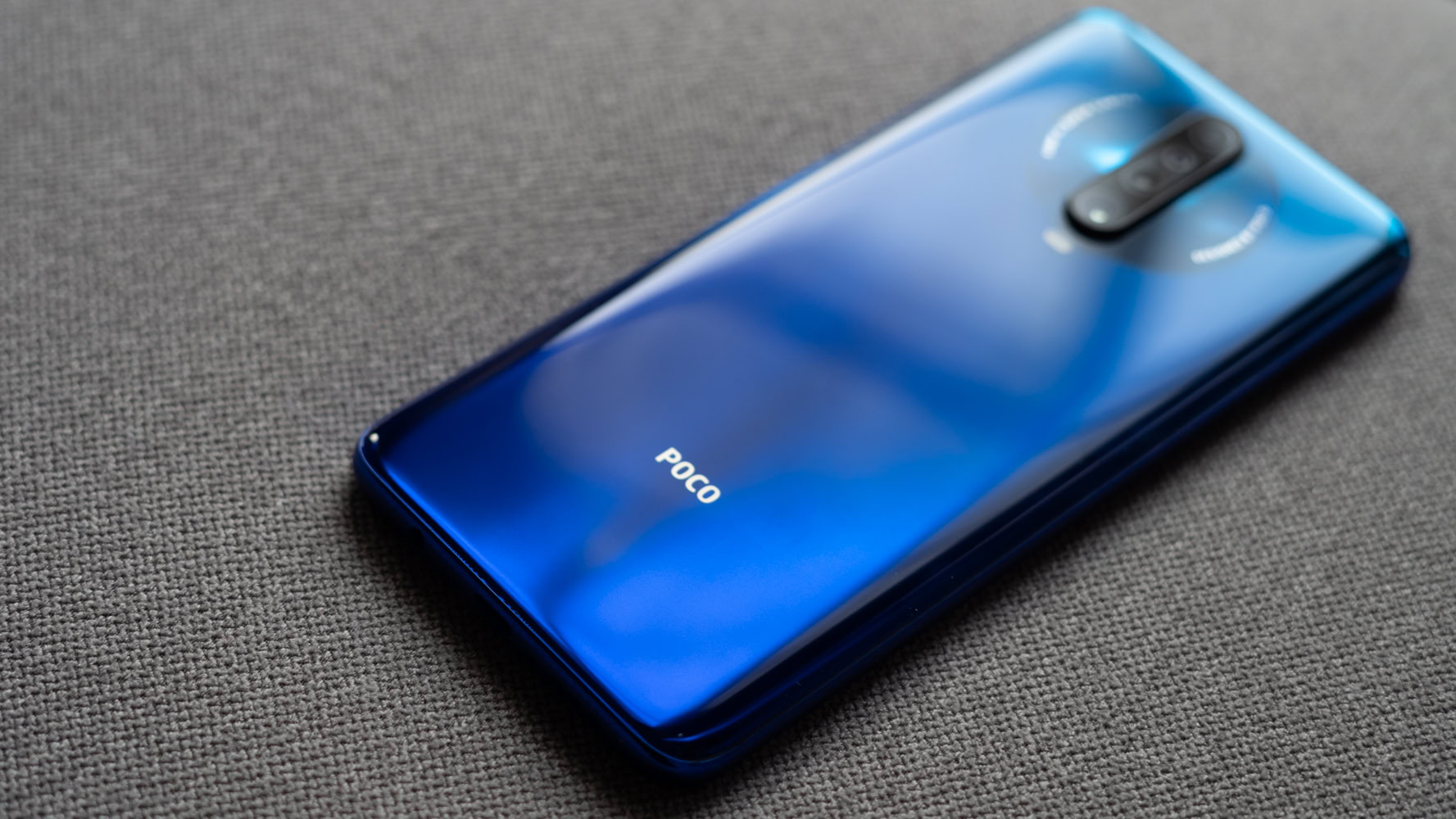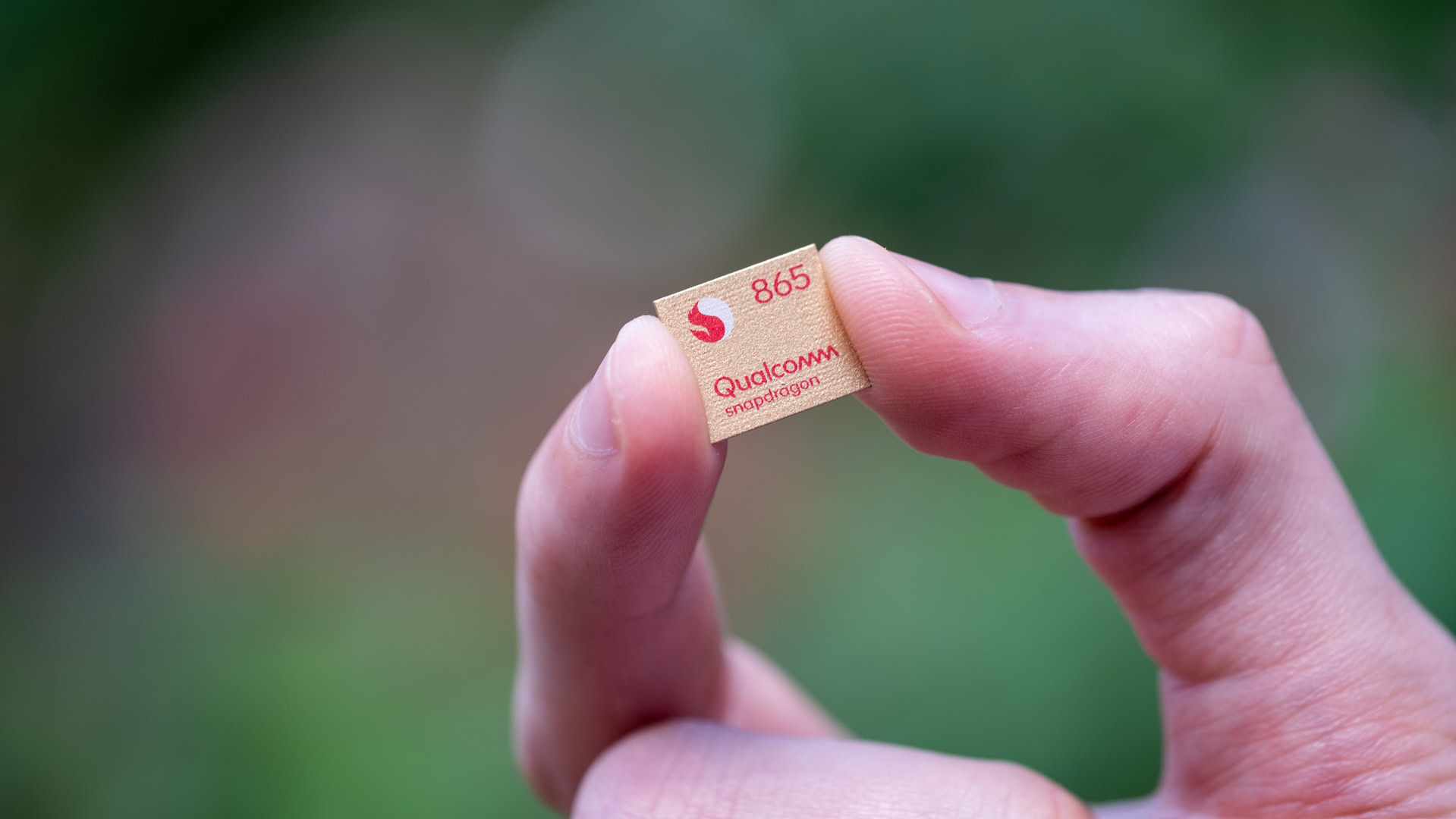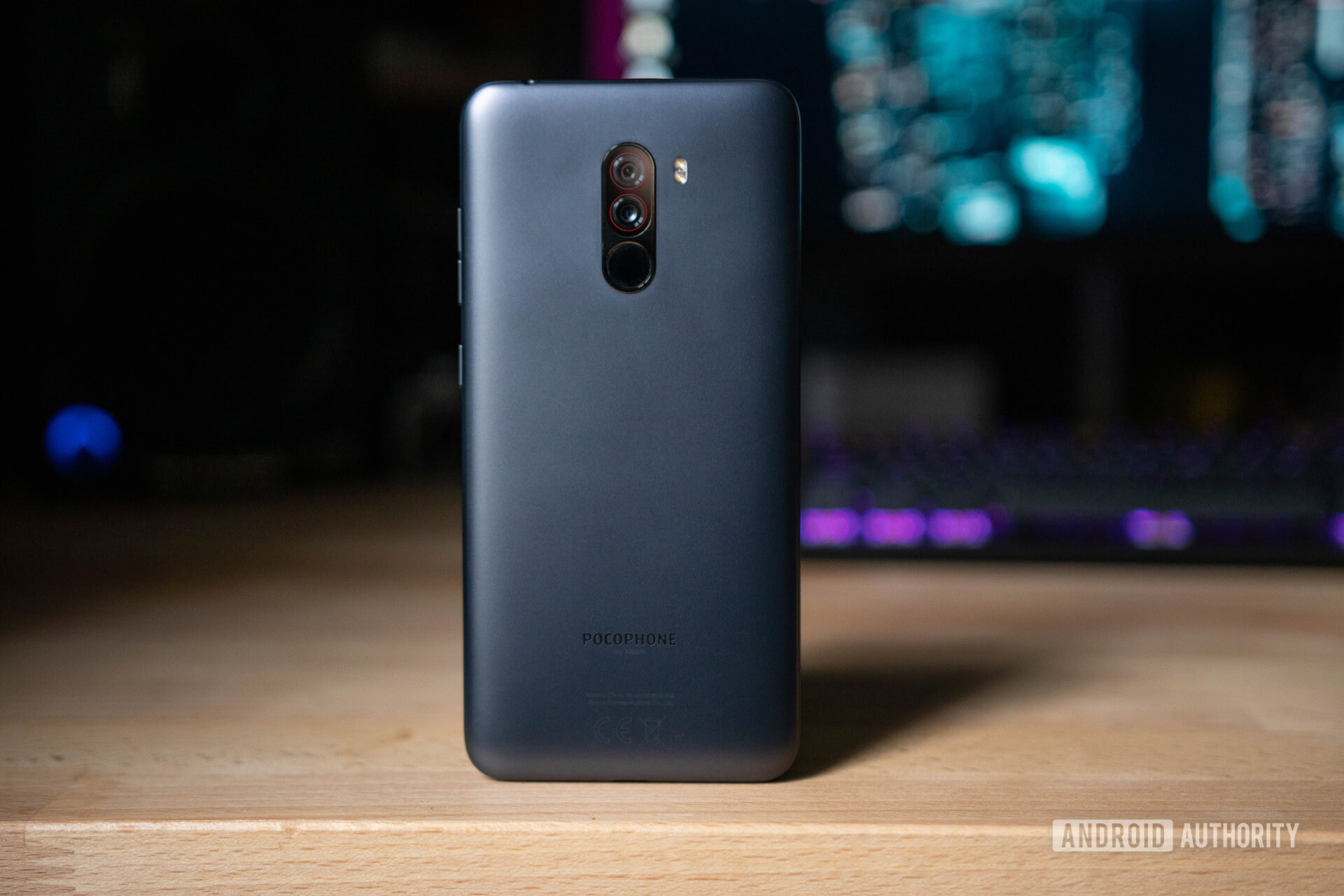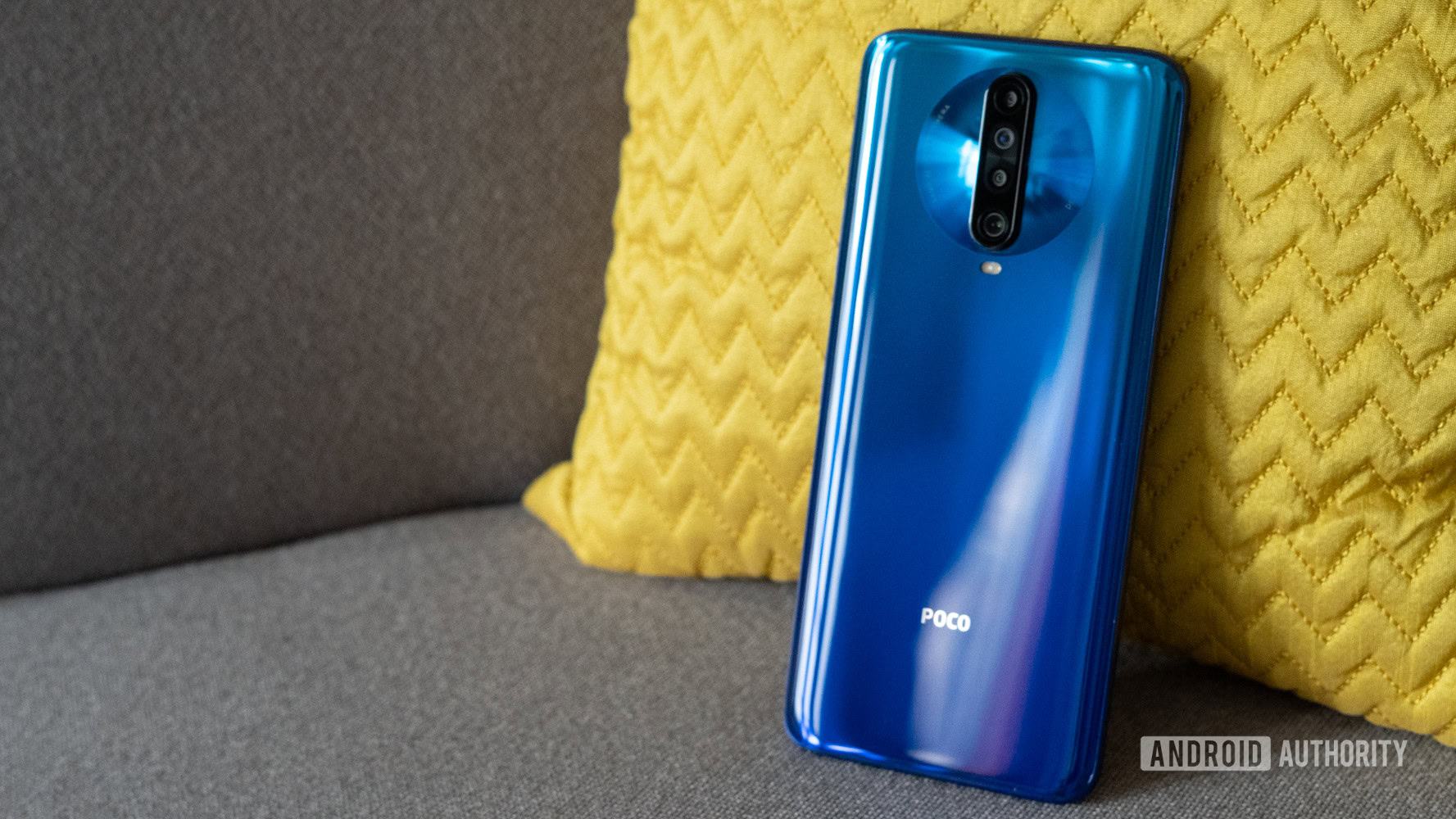Affiliate links on Android Authority may earn us a commission. Learn more.
This is why POCO hasn't launched a Snapdragon 865 or 855 phone yet
Published onFebruary 6, 2020

POCO has officially launched its second smartphone to date and it’s not the POCO F2. You don’t get a flagship killer without a flagship chipset. Instead, we got the POCO X2 — at best a mid-range phone with some cool tricks up its sleeve. It comes with a 120Hz display and quad cameras under the $250 price tag, but it doesn’t really cut it if you were waiting for a Pocophone F1 successor.
We asked POCO’s general manager Manmohan Chandolu why that’s the case and one of the primary reasons he cited is a slight deviation in the traditional pricing structure of flagship chipsets. According to Chandolu, POCO — a company that calls itself a startup — did not find costs of Qualcomm’s 2019 and 2020 flagship SoCs feasible. Here’s what POCO says happened.
Our verdict: POCO X2 review: A perfectly average mid-range phone
A chip off the block
“Chipsets right now, all 800-series chipsets, are extremely expensive. And [the Snapdragon 865], being the first 5G generation, is just a lot more expensive,” the executive told Android Authority at the POCO X2 launch.
The face of POCO’s newly formed independent identity, Chandolu still swears by the Snapdragon 845 and believes it to be an extremely well-priced performance workhorse. “But 845 is not there in the market anymore,” he remarked.
While we would tend to agree with the POCO GM on the Snapdragon 845’s capabilities even almost a year after its launch, the question still remains: why didn’t POCO upgrade to the Snapdragon 865, or at least the 855?
Related: The POCO X2 isn’t the POCOphone you’ve been waiting for (and that’s okay)
“The Snapdragon 865, as I told you, is already very expensive and it does not make any sense,” Chandolu said, “Then what could we have considered? [The Snapdragon] 855. Right?”
He continues to tell us that the Snapdragon 855 did not see the same price depreciation as the company expected: “The 855 was launched with a little [sic] higher price point and we expected that also to undergo some depreciation. But 865 has launched extremely high and now the transition from 4G to 5G is happening across the board. So the depreciation the 855 should have seen [did not happen].”
That’s why, POCO claims, it chose the more affordable Snapdragon 730G octa-core chipset. Chandolu believes the POCO X2, like the F1, will still stay true to being a gaming-centric device even with a 700-series Qualcomm SoC at its heart.
Why does a higher processor cost matter?

It’s a well-known fact in the smartphone industry (and in basic economics) that higher processor costs directly impact the retail prices of phones.
In this instance, the Snapdragon 845 which powered the first POCO phone reportedly cost manufacturers somewhere around $45 plus additional licensing fee per chip. Its price was later reduced, as Chandolu tells us, but it’s no longer available in the market.
Then came the Snapdragon 855 and 855 Plus, which were reportedly priced around $53 per chip, in addition to some extra fee that Qualcomm is said to charge. Now, industry insiders believe that prices of 5G chipsets, like the Snapdragon 865, are likely 50% more than their 4G counterparts.
This will not only unnecessarily drive up the cost of upcoming flagship smartphones in markets where 5G is a non-factor, it will also prevent the likes of POCO from pulling off an affordable flagship-grade 5G phone at the original POCOphone F1’s price point of $300.
Is a cheap POCOphone F2 coming with a Snapdragon 865?
While Chandolu refused to confirm the existence of the POCO F2, unlike in a previous interview, he didn’t seem too optimistic about bringing a 5G-ready smartphone to the Indian market yet.
That’s because POCO is essentially an India-only brand as of now. It is not looking to expand its horizons internationally just yet. That, combined with the lack of any 5G network in the country right now or in the near future, would not serve POCO’s interests at the moment.

“It’s not just chipsets, right? We also want the infrastructure to be ready,” said Chandolu. “Again, what’s the point of having a chipset if the infrastructure is not available?”
“My worry with 5G right now is that it requires a lot of infrastructure costs, huge infrastructure costs, so I do not know how that will play. Probably closer to that [India getting the 5G infrastructure] we will probably take a look at our strategy and formulate our thoughts on it.”
For now, a powerful POCO flagship still seems unlikely to launch anytime soon… unless the company surprises us all by pulling a rabbit out of its hat for a second time.
The future of POCO

In a nutshell, the new POCO brand doesn’t seem to have a clear chipset or pricing play in mind. Chandolu says that the brand will keep its strategy dynamic and is not really ready to set things in stone.
POCO also has a bunch of other factors to consider, including how much it can compete with its former parent company Xiaomi. This is especially problematic since both brands still share many of the same resources, right down to research and development. Then there’s the matter of Xiaomi bringing its premium Mi-branded phones to India, which POCO will need to carefully weigh in order to price its flagships competitively.
For now, however, we have the POCO X2, and the promise that the POCO brand is back and, this time around, is here to stay.